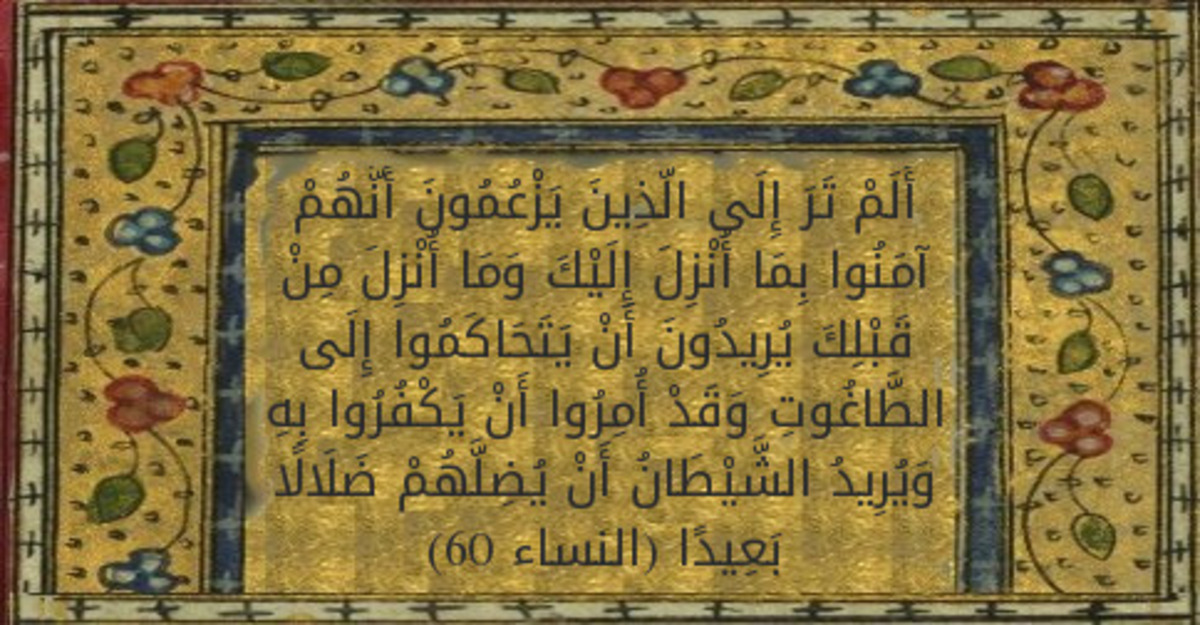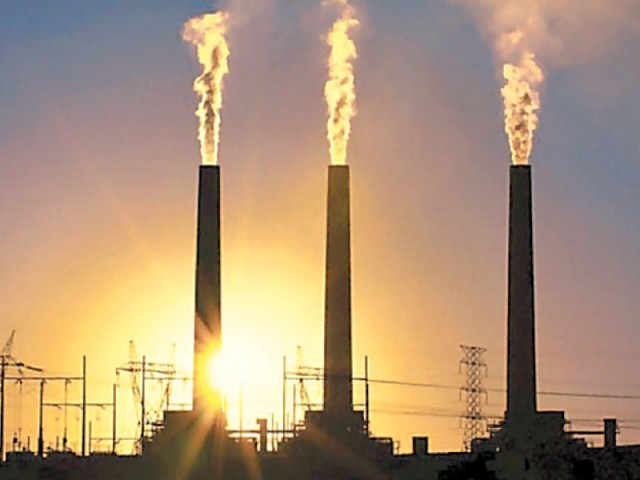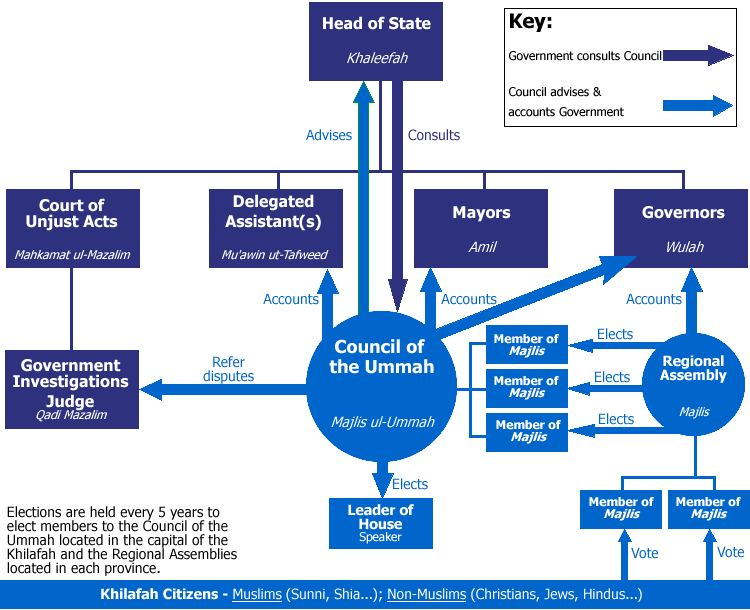Obama and Cameron – hijacking the Arab uprisings
بسم الله الرحمن الرحيم
Obama and Cameron – hijacking the Arab uprisings
Another day, another visit by a western politician to Tahrir Square in Cairo, and another announcement from London, Washington, Paris or Brussels about some help for the Arab uprisings – be it help for political, economic, civil society or the furthering of ‘democracy’. As people attempt to dismantle the tyrannical political structures that have ruled Egypt, Tunisia and other countries for over 30 years, the western powers, whose initial response was confusion as they saw their allies under genuine threat from the streets, are now determined to dictate the course and outcome of these ongoing uprisings.
In their joint article in the Times newspaper (23rd May 2011) Barack Obama and David Cameron said “we will stand with those who want to bring light into dark, support those who seek freedom in place of repression, aid those laying the building blocks of democracy”. Just as they supported Mubarak, Ben Ali, and Gadaffi only a few months ago, they now see a historic opportunity, not for the people to achieve real change and a genuine liberation from western interference, but to mould the region’s future just as they did its recent past. An attempt to mould it for the interests of western governments not the interests of the people of the region.
To achieve this, the model held up to the Arab uprisings is Eastern Europe where American soft power and diplomacy helped to reshape the socio-political scene after communism. Like in Eastern Europe, the West aims to transform the people’s revolution into a Western revolution by engineering a new set of domesticated and western-friendly elites. This involves co-opting old friends as well as seeking to contain the new forces produced by the revolution such as some youth movements, as well as some groups which were long marginalised by the West, including some so called ‘Islamists’.
As Obama said recently: “We must … reach the people who will shape the future – particularly young people … [and] provide assistance to civil society, including those that may not be officially sanctioned.” So he has doubled the budget for “protecting civil society groups” from $1.5m to $3.4m.
The recipients are not only the usual Western friendly elements or secularists, but also activists who spearheaded the protest movements, and mainstream Islamists. Programmes aimed at youth leaders include the Leaders for Democracy Arabic project, sponsored by the US state department’s Middle East partnership initiative. A number of Arab activists were invited to an event hosted by the Project on Middle East Democracy in Washington last month – one of many recent seminars. Meetings have taken place recently between high-ranking US officials and the Muslim Brotherhood, while the deputy chairman of Tunisia’s Islamist Ennahda party has recently returned from a visit to Washington to “discuss democratic transition”.
The UK government is not far behind the US in similar endeavours. Indeed, it has long had more open channels of communication with some Islamist groups in Tunisia, Egypt and across the Muslim world believing that dialogue was essential in order to influence these groups – even during the Mubarak era.
The aim is that these disparate groups are stripped of any of their fixed positions and turned into true pragmatists, integrated into the existing western-led international order. For the Islamists, several think tanks have stressed that engaging them in the parliamentary political game is a good way of containing their influence since that means that they will operate within parameters delineated for them, and compromise on their Islamic stances as a result of the give and take of negotiations in a parliament where they do not enjoy a majority. Even if they enjoy a majority, the constant raising of the threat of “extremism” puts pressure on them to row back from Islamic stances and being seen as “extremists”.
In addition to political integration and containment, economic containment is being pursued through free markets and trade partnerships in the name of economic reform. A few days ago in France, G8 leaders promised $20bn of loans and aid to Tunisia and Egypt over the next two years and suggested more will be available if the countries continue on the path to democracy. Plans “to modernise” the Tunisian and Egyptian economies are already being drafted by the World Bank, IMF and European Bank for Reconstruction and Develoipment (EBRD). As usual, investment and aid are conditional on adoption of the neoliberal economic model in the name of liberalisation and on making the regions economies even more dependent on US and European markets rather than being more integrated with others in the region and playing to their own strengths.
These attempts to hijack the uprisings face some obstacles though they may succeed in co-opting some personalities and organisations. Unlike in Eastern Europe where people looked to the West – especially the US – as saviours from communism, people in Tunis, Cairo, and Sana’a see the West as the backers of the oppressive regimes that ruled over them. Whatever Obama and Cameron’s rhetoric about human rights and democracy, they see Western countries which are the staunchest allies of Israel, are waging war on Muslims in Iraq and Afghanistan and continue to back the Al-Saud family and other tyrants and despots in the region.
The many dangers to these blessed uprisings are clear as long as people lack a new, distinct and comprehensive political vision that has independence from western economic, political and military control as one of its central pillars. Only the Islamic political vision – the Khilafah – offers that alternative. Spreading awareness and conviction about it becomes a huge responsibility in order to save these uprisings so they achieve real change for the people of the region.
Taji Mustafa
UK Media Representative of Hizb ut-Tahrir
02 Rajab 1432
2011/06/03





